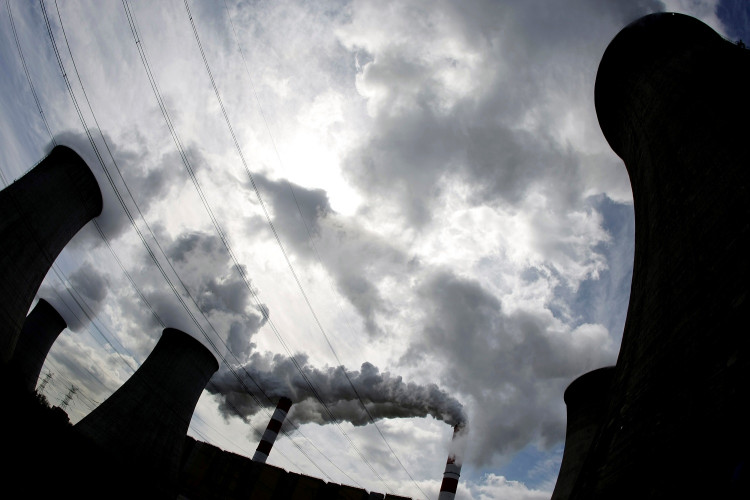Some of the world's largest companies, including Google, Amazon, and Nestlé, are failing to reach their climate change commitments. Worse, they are overestimating and misrepresenting their efforts, which adds to the contradiction in climate reality, a new analysis reveals.
The investigation, published on Monday by the non-profit organizations NewClimate Institute and Carbon Market Watch, discovered that most major multinational corporations' headline climate pledges cannot be taken at face value.
The analysis rated the transparency of each of the company's climate pledges as "integrity." It graded them based on criteria such as their climate targets, the amount of offsetting they expected to employ and the dependability of those offsets, progress toward decreasing emissions, and transparency.
Amazon, Google, and Volkswagen were found to have low integrity on their net-zero targets, while Unilever, Nestle, and BMW Group had very low integrity.
Overall, none of the major international corporations were found to have high integrity. According to the report, Maersk came out on top with reasonable integrity, followed by Apple, Sony, and Vodafone with moderate integrity.
The report's original goal was to look into how businesses implement "good practices," but the researchers told BBC News that they were "frankly surprised and disappointed" by the companies' claims of overall trustworthiness.
"The rapid acceleration of corporate climate pledges, combined with the fragmentation of approaches, means that it is more difficult than ever to distinguish between real climate leadership and unsubstantiated," the study noted.
In the first place, there are some significant differences in reporting emissions. According to the survey, consumers utilizing electricity while engaging with Apple's diverse range of gadgets account for 70% of the company's carbon impact. However, Apple does not include these emissions in its climate change action plan. This greenhouse gas production, which is indirectly tied to the enterprise, is a very typical strategy for businesses to go under the radar.
According to the research, the 25 companies under consideration account for about 5% of global greenhouse gas emissions. This underscores the magnitude of their carbon impact and highlights their capacity to lead the drive to address the climate issue.
Most organizations' standard response to the current report was denial; some said they "share different perspectives on some elements of this report," while others said the metrics were inaccurate.
Overall, the initiatives in place would lower emissions by 40% on average if implemented, according to the analysis. According to the analysis, this is a far cry from the 100% claimed by many of the corporations in their net zero and carbon neutral claims.
These disparities are potentially troubling for corporations who claim to be "climate leaders."






